Legal challenge argues Indigenous Tyendinaga Mohawk Territory members have Aboriginal treaty rights that protect ‘agricultural endeavours’ under Charter of Rights and Freedoms and the Indian Act.
From The Belleville Intelligencer by Derek Baldwin September 30 2025
An injunction has been served upon the Ontario Provincial Police and Tyendinaga Police Service seeking to block police raids and seizures of marijuana operations on Tyendinaga Mohawk Territory.
The legal challenge comes after a series of raids, arrests and seizures of large quantities of marijuana in Tyendinaga Mohawk Territory last week.
A party known as Kanyen’ke:haka Nation served the Napanee OPP office September 26 with a interlocutory injunction, a legal document seeking a hearing with the Ontario Superior Court of Justice.
The legal document challenges the authority of Ontario Provincial Police, Tyendinaga Police Service and Provincial Joint Forces Cannabis Enforcement Team on the grounds that the territory and its residents are protected under federal Indigenous statutes.
The injunction is requesting the court restrain “the Ontario Provincial Police (OPP), their servants, agents, or representatives, from seizing, removing, interfering with, or otherwise exercising control over property which is under the control of the Tyendinaga Reservation pending a determination of this proceeding or any further Order of the Court.”
The applicant submits in the injunction that “any indigenous person on the Tyendinaga Reservation has rights to possession and enjoyment of their property on their reserve lands which are protected pursuant to s.35 of the Charter and s.89 of the Indian Act and principles of constitutional law recognizing the protection of Aboriginal treaty rights.”
The claimants argue, “Section 89(1) of the Indian Act provides that the personal property of an Indian or band situated on a reserve is not subject to charge, pledge, seizure.”
The injunction is also requesting the court restrain police “from arresting, stopping, prohibiting, or frustrating the livelihoods or agricultural endeavours of the Indigenous peoples on the Tyendinaga reservation i.e. from engaging in lawful activities, on its lawful territory.”
According to the injunction, “on September 22 to 25, 2025 the Ontario Provincial Police (OPP) executed search warrants and utilized farm equipment to destroy plants and agricultural materials on a number of first nations farms. The Kanyen’ke:haka Nation authorized and continues to authorize agricultural activities on Tyendinaga territory.”
Bill Dickson, media relations co-ordinator for OPP East Region, said by phone with The Intelligencer early Tuesday morning he was “aware of the injunction” being served but deferred media requests to Tyendinaga Mohawk Territory authorities for comment.
Council supports police action
On Tuesday, R. Donald Maracle, Chief of the Mohawks of the Bay of Quinte, told The Intelligencer his band council had no part in serving the injunction and was, in fact, in favour of the police action to date.
The chief said in a brief interview, “council supports the ongoing work that the police are doing concerning the grow-ops because the concern by policing officials is organized crime, and so we’re doing it in the interest of safety for our community.”
Injunction applicant Kanyen’ke:haka Nation describes itself in the injunction as “a First Nations organization pursuant to UNDRIP [United Nations Declaration on the Rights of Indigenous Peoples].”
It said it is a “collective authorized by the Kanyen’ke:haka Nation and is governed by the Kanyenere:kowa, which is the Nation’s constitution which governs the entirety of Tyendinaga Territory.”
In a joint statement, meanwhile, by the OPP and Tyendinaga Police Service on September 26, police thanked “Akwesasne Mohawk Police Service and Hiawatha First Nation Policing Services for keeping our community safe.” The role of the latter two police services was not elaborated on in regard to police operations in Tyendinaga.
Police said in the joint statement, “tens of thousands of illegal cannabis plants have been seized as well as a handgun with a high-quality magazine. Investigators continue to dismantle the extensive illegal cannabis operations that have been taking place on our lands.”
According to police, the marijuana operations were creating environmental impacts within the territory including a stone quarry in which the water was “completely depleted … negatively affecting the water table in the area.”
To date, Ontario Provincial Police have released no details as to the number of charges laid if any, names of those who may have been charged nor further information regarding any equipment and vehicles seized during raids.
Mohawk farmer speaks out
One Mohawk woman who is a farmer and small-business owner confirmed in a social media post that she has been charged by police after her property was raided in Tyendinaga Mohawk Territory.
The Intelligencer is withholding publication of the woman’s name pending the outcome of any court proceedings as per Postmedia’s editorial policy not to name charged persons unless they have been convicted on the charges in court.
In a post, the woman said in her defence, she is “not part of organized crime.”
“I am a mother, a farmer, and a small business owner who is trying to self-sustain on my own lands. I have no criminal record. I farm my property myself and I have not rented it out to any outside organization. I help community members whenever I can—not for recognition, but because it is simply the right thing to do,” she wrote.
“Despite this, I was the only person charged from my property. I have been accused of cultivating and was arrested and handcuffed in front of my children by the Ontario Provincial Police. I want to be clear: I was not stealing water. I have never had any guns on my property. Every person I hired to work with me had no criminal record.”
“These are facts about me and how I run my life and work. This ordeal has shaken my trust. For a long time, I was led to believe by members of the Band Council that what I was doing was acceptable. I followed the guidance I was given. I acted in good faith. Now I’m being portrayed as a criminal. I do not understand this reversal, and I am asking for clarity and fairness.”

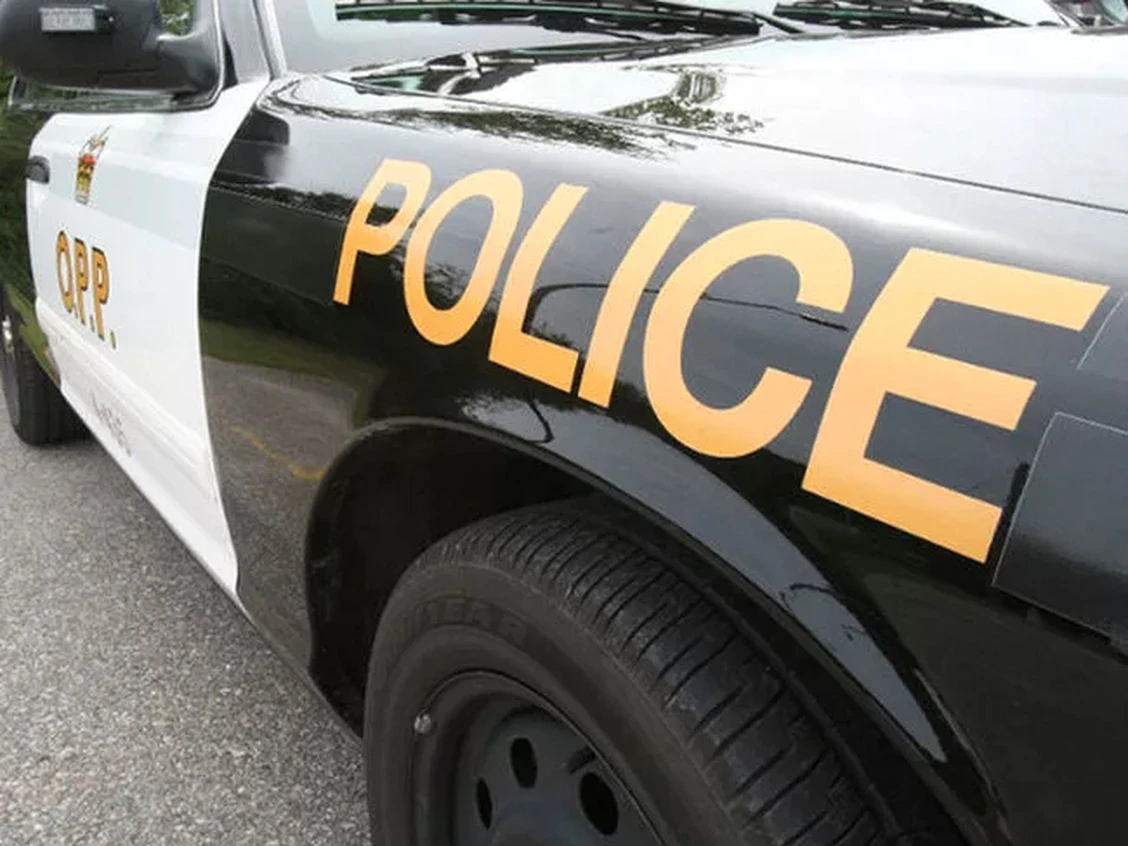
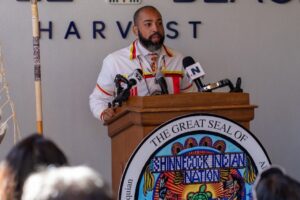
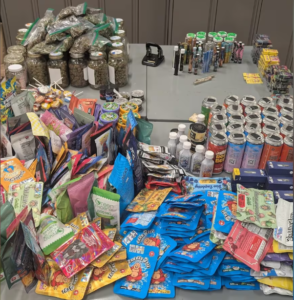






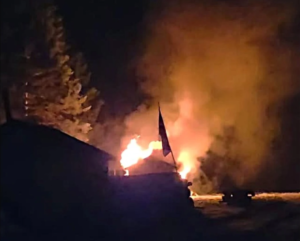

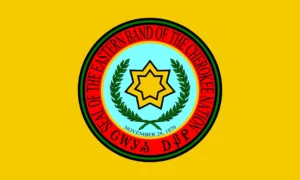





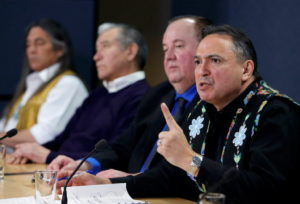
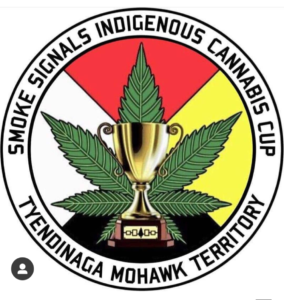
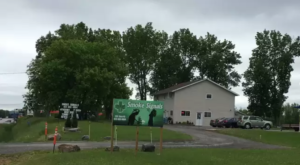

Comments are closed.